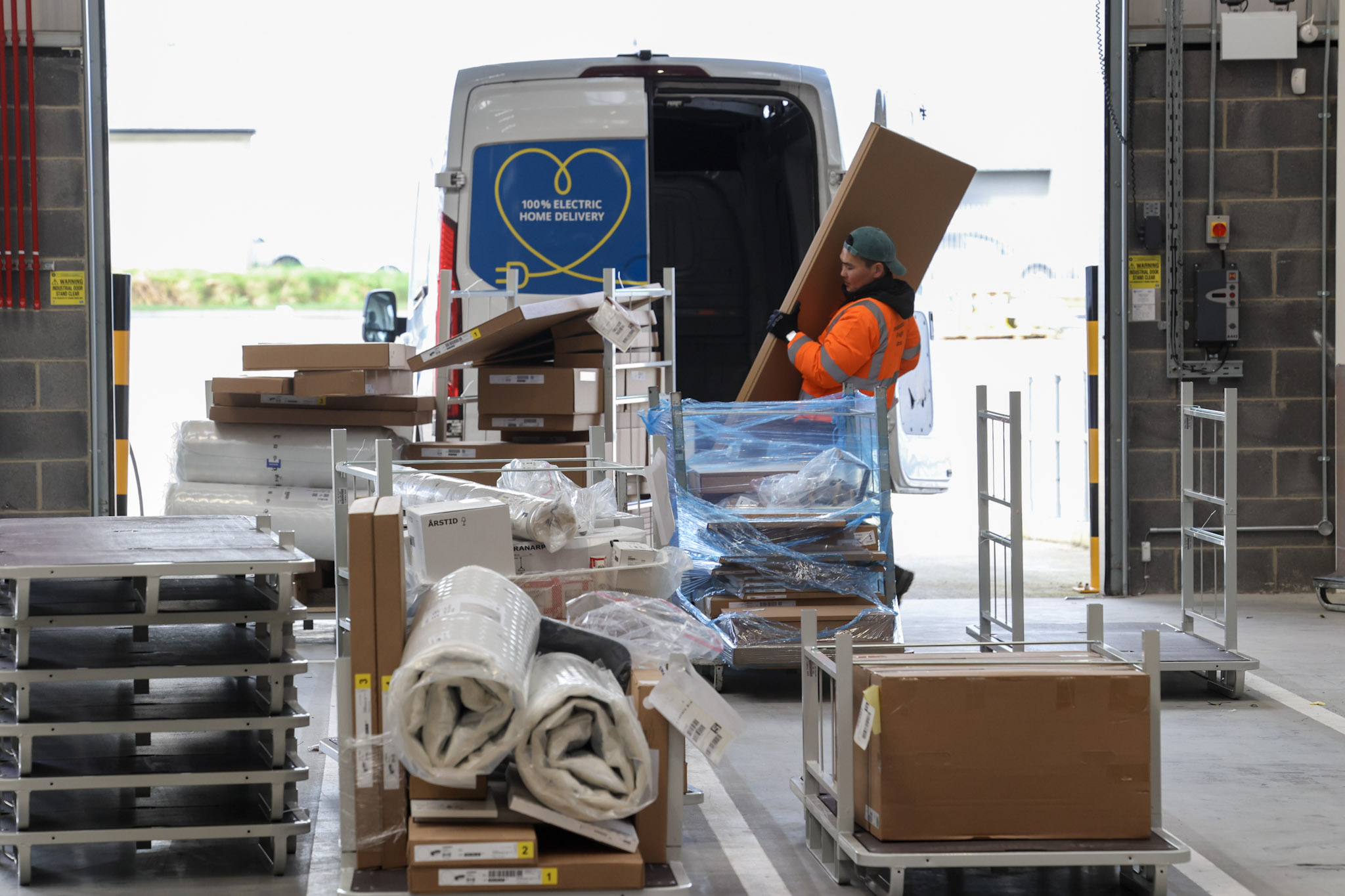The UK market is held up as an example of just how rampant mobile commerce can get, but while the UK market is hot, it is nowhere near as mobile as some: not least Peru and Nigeria.
Research by Picodi, a global ecommerce platform that provides coupons, has looked at its global traffic and found that mobile commerce is booming globally, with the UK seeing 48% of transactions now, on average across the year, being carried out on mobile.
While this is impressive – and comes significantly ahead of other European countries – it is nothing compared to the markets in Peru, Nigeria, Thialand, Vietnam and Finland.
According to Picodi, these are seeing levels well above 50% of retail traffic coming in from mobile.
Where the UK is doing well is in average order value: logging some €55. Peru manages just €36, while Germany, with just 31% of traffic being mobile, sees average orders of €93.
UK shopping by phone saw the average order value come in at £43 for a smartphone – about £15 less than when using desktops (£58) and £11 more when using tablets (£32). iOS users spend more than Android users — £47 vs £41 on average.
The important question is who shops online more — men or women? Picodi’s data shows that there were more purchases made by British women than those made by men. The difference is not that significant though; 51% and 49% respectively.
Unsurprisingly, it’s the younger generations that prefer online shopping. 37% of all online shoppers are people between the ages of 25 and 34. They’re followed by people aged 35-44 (23%) and 18-24% (14%). The remaining 26% are consumers who are over 45 years old.
Busy end of year
According to the research, the average order value of a British shopper is the highest in January (£70), followed by December and February (£61 and £52 accordingly).
Compared to that, the average order value of a moderate £44 in November might come as a surprise. After all, that’s when Black Friday takes place. The answer, says Picodi, is simple: even though their baskets are smaller during that time, UK shoppers shop in a number of different online stores and place more orders.
So, if you look at the shopping activity, it turns out November has the highest number of transactions — more than one-fourth (26.6%) of all the transactions made during the year.
The second busiest month when it comes to the number of transactions is December (21.3%), followed by October (11.4%). Christmas shoppers might have greatly contributed to such a high number in these months. The lowest number of transactions was noted in March (2.5%) with the average order value amounting to £24.
Consumers in the UK shop the most on Friday. Mobile users’ shopping activity increases also on Monday. British people prefer to shop in the afternoon: the peak of sales occurs at 2pm for desktops and 5pm for mobile devices.
The most popular categories for online shopping among British people were: clothing, home and garden, travel, food on delivery and cosmetics.









